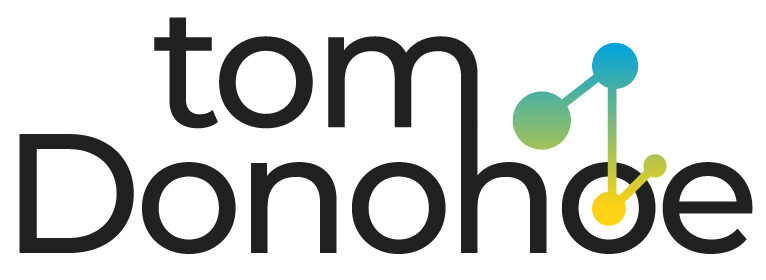How Will Blockchain Change the Way Organizations Work

Bitcoin is a polarizing topic.
The most famous cryptocurrency in the world has been in the headlines over the past year, with volatile price fluctuations inspiring many to invest and sending others running for the hills.
Although the longevity of Bitcoin is hard to predict, there is something much more certain at the foundation of the digital currency: blockchain.
Bitcoin and blockchain are often mentioned in the same breath, but blockchain is much more than bitcoin and is not intrinsically tied to the latter, as some people misinterpret.
While Bitcoin may succumb to the doomsday prophecies that some economists are projecting, blockchain is set for a much more prosperous future.
Blockchain Has the Potential to Change the World
Studies are alluding to the possibility that the innovative technology behind blockchain may prove to be revolutionary on a global scale.
A recent World Economic Forum survey estimates that a significant portion of the world’s GDP will eventually be stored on blockchain. They predict 10% by the year 2027.
Indeed, seismic shifts in the economy are expected as blockchain continues to rise.
The big question is: Just how much will blockchain change the global economy?
What Is Blockchain?
To understand just why blockchain could be so valuable to the economy, organizations need to know how it works.
A distributed database, also known as a ledger, it is shared over a larger computing network. There is a copy of the shared ledger in each one of the computers on the network.
Every block on the chain is a piece of data that has been mathematically encrypted. Not only that but there are numerous protocols required before each block is validated. This needs consensus from several others before it is added to the existing chain.
Because of the complex and highly encrypted design, the blockchain has no single point of failure. Hackers can’t simply crack one computer node to steal data. They would need to attack every node on the chain simultaneously.
That means that blockchain is effectively unhackable.
And so, this technology paves the way for “an internet of value,” where buyers and sellers can store and exchange valuable assets directly without any need for intermediaries.
The Potential Value of Blockchain
Studies by MIT Sloan Management asserted that blockchain technology is destined to disrupt the fundamental nature of the global economy, including major changes like:
How organizations are funded and managed
How companies create value
How businesses perform basic functions such as marketing, accounting, and incentivizing people
In some cases, advanced software will eliminate the need for many management functions.
While the hype is rapidly gaining momentum, blockchain is still in its infancy. For prospective investors, this can be a concern.
Just looking at the volatile nature of bitcoin is enough to make anyone think twice about getting involved in such a developing and seemingly unstable market.
In December 2017, Bitcoin’s value skyrocketed to almost $20,000 before plummeting to less than $6,000 just a month later.
However, it is crucial to remember that blockchain and Bitcoin are not the same thing. Blockchain is much more than the leading cryptocurrency.
Huge investments are being made in the technology, with venture capital funding in blockchain startups growing by $1 billion last year. That’s in addition to every bank looking into blockchain. Change is afoot.





